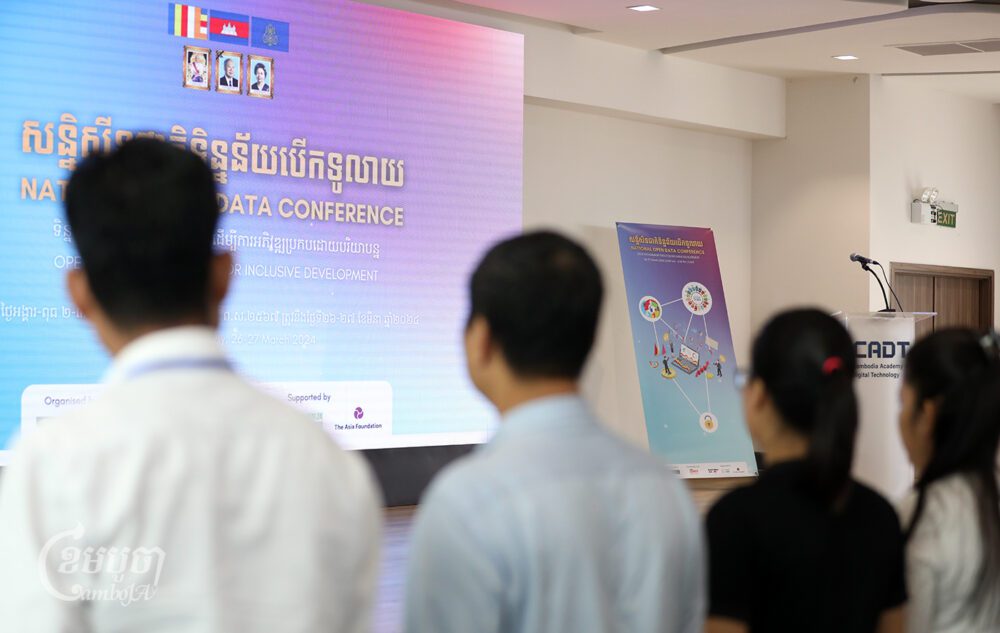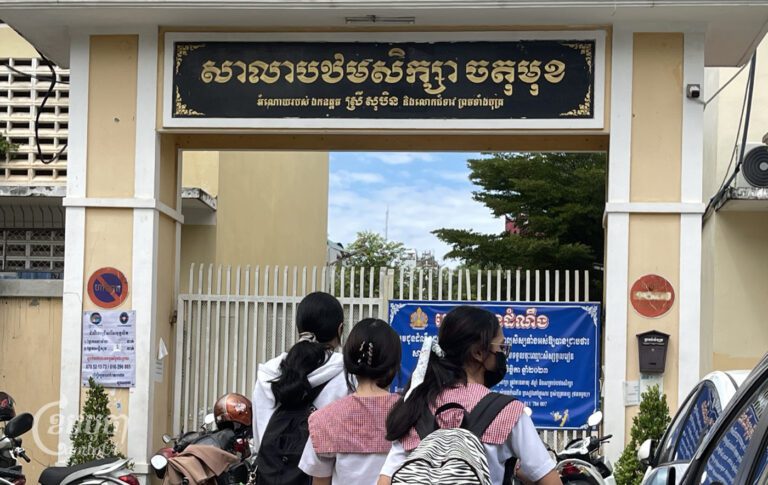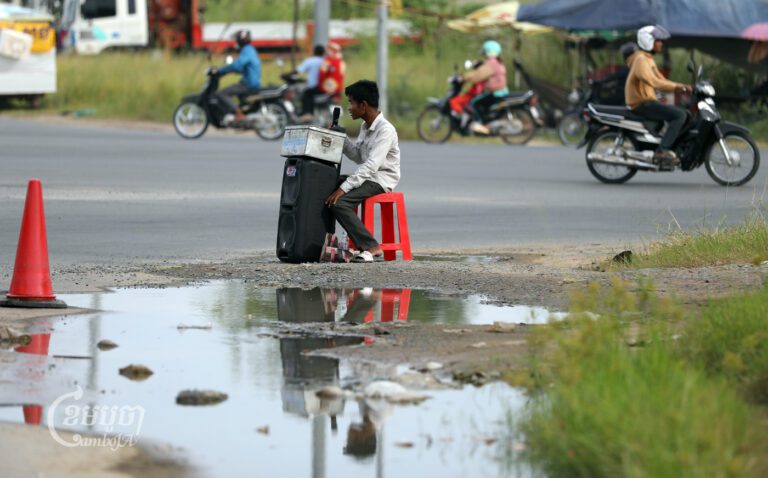Non-state actors have raised concerns about the limited sharing of public data by the government due to a lack of trust, as well as zero quality or standard of data.
Open Development Cambodia (ODC) held a two-day National Open Data Conference in Phnom Penh to enhance transparency, fairness, accountability and quality of service to increase public confidence. It also aimed to encourage the government to promote open data sharing in the public.
Pak Kimchoeun, policy analyst and advisor of Cambodia-Australia Partnership for Resilient Economic Development (CAPRED), said Cambodia should have specific laws that state which data can be shared publicly. This is because of the challenges related to data sharing, owing to a lack of trust.
“Firstly, our legal framework doesn’t specifically state what data can or cannot be shared. Secondly, our data lacks standard,” Kimchoeun said, adding that names of some provinces are spelt differently while commune names are not consistent.
“The important thing is to build trust. In Cambodia, state and non-state actors do not trust each other, so they won’t share data or [are afraid] that the [data shared] might be used to do something and put them at risk,” he said.
Thus, Kimchoeun called on the stakeholders to establish intermediaries for state and non-state actors to standardize data to serve public interest.
The role of intermediaries is to collect data, organize capacity building, provide feedback on data, and prompt people to use data, he said.
ODC executive director Thy Try said information or data is important to people who use it for different purposes, noting that some data is shared publicly while some are not.
The government should distinguish between shareable and non-shareable data. But, data that can be shared should be easily accessible in different formats.
“What worries me is data that can be shared is provided in a PDF file, which makes it very difficult for users because it takes a lot of time [to convert],” Try said.
If the government is working on an open data policy, stakeholders, such as non-profit organizations and citizens, should be encouraged to participate.
“The government should formulate a comprehensive policy to involve stakeholders as soon as it starts, instead of formulating it and then inviting stakeholders, especially civil society,” he remarked.
On Environmental Impact Assessment reports not being made public, Try said: “Some who work in public service need certain information. Some who work on environmental issues need [another] kind of information […] some [are] shared, some [are] not shared.”
Cambodian Disabled People’s Organization program coordinator Mean Vibolratanak expressed concern about the possibility of accessing or the usage of data by people with disabilities.
“For example, if someone is blind, how can he access data? Is there a system which is widely available or easy for them to access data?” Vibolratanak said.
“We have seen gaps in data accessibility for disabled people,” he said, while citing National Institute of Statistic’s 2021 survey where five percent of the non-institutional population are disabled people. He added that the NGO Cambodia Demographic and Health Survey found that 21 percent of household members aged five or above have some level of difficulty in at least one functional domain.
He hoped that the relevant institutions will find a way for disabled people, especially those who are blind, to access data easily.
Set Kimhong, a fourth-year student at Cambodia Academy of Digital Technology who presented at a conference, told CamboJA News that access to data is important for the public because “data is all around us and everyone needs to be able to use it”.
“It’s important to have data, and for the public to access this open data,” he said.
Education Ministry spokesperson Khuon Vichheka told CamboJA by telephone that the ministry has two main sets of data it shares with the public. The first is related to learning and teaching, where the public can find lessons or documents, which are published widely. The other relates to the ministry’s activities on social media.
“The results of the report contain figures or practical examples, such as educational documents that we have summarized from teachers, students, challenges, future implementation and goals.
“They are documents that we collect from all departments and units. Relevant documents are widely distributed,” Vichheka said. “There is never any secret.”










